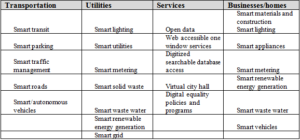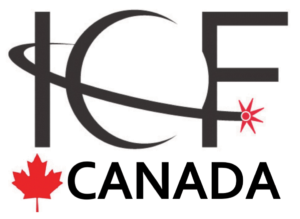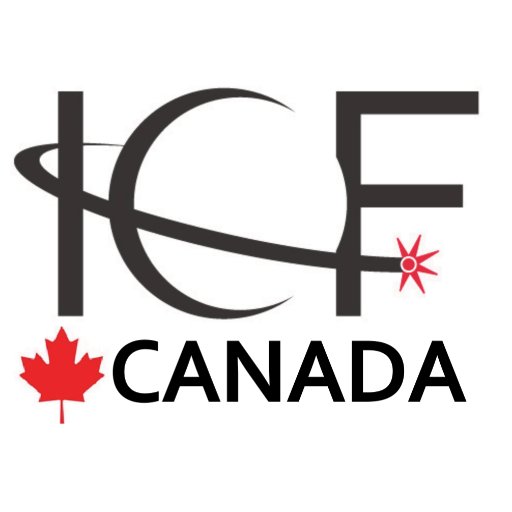
Aligning ICF Virtuous Cycle model with the Smart City Challenge criteria
Blog by Campbell Patterson, CP Communications
The Smart City Challenge (SCC) of Infrastructure Canada represents an opportunity for communities recognized by the ICF as “Intelligent Communities” and those communities aspiring to be ICF Intelligent Communities to receive funding to develop Smart City pilots that will, “use technology and data to improve livability and opportunities for the city and its people,” according to Infrastructure Canada. ICF Intelligent Communities are already recognized as leaders in smart technology applications and the Smart City Challenge represents an opportunity for our communities to align the ICF Virtuous Circle Indicators with the yet to be published Smart City Challenge Criteria. The value of achieving alignment once the SCC criteria is published, is that it would be to ensure that ICF communities or aspiring ICF communities are in synch with government policy on how to create and access Intelligent Communities/Smart Cities.
ICF Canada could foster and support “City Teams” from our Intelligent Communities who could collaborate to develop Smart applications use cases together based on the principles of economies of scale and scope. The ICF Smart City Challenge Committee could develop a methodology for aligning the ICF Virtuous Cycle model with the Smart City Challenge criteria, as it becomes better known, and integrating the Smart City Challenge criteria into the processes of ICF intelligent communities as a precursor to applications each community may make through the Smart City Challenge intake due later this fall. But time is of the essence. We need to come up with smart city pilots/use cases for transportation, utilities, municipal services, businesses, and homes. For example, here are some typical smart applications by each vertical:

The following are the processes as I understand them for the Smart City Challenge cobbled together from a number of sources, most particularly ITAC; and opportunities to make compelling business cases to SCC by aligning SCC and ICF objectives under “Things to Consider”:
- Budget 2017 SCC funding of $300 million over 11 years.
- Three Rounds of Challenges – one every 24 months until 2023, with the first set to launch in Fall 2017
- Prizes each round will include:
- 1 Large Winner = $50 million
- 2 Medium / Large Runner Up = $10 million
- 1 Small Winner = $5 million
- 1 Indigenous Winner = $5 million
(note: Indigenous communities are eligible for all categories.)
- Following initial proposals, 5 finalists will be selected for each category and provided $250K to develop final proposals (25 finalists per round).
- Program has been grouped under a broader “Impact Canada Fund” a Privy Council Office (PCO) initiative to lead outcome and challenge based initiatives across government, https://www.canada.ca/en/innovation-hub.html .
- PCO is using the SCC to pilot several evaluation tools aimed at finding and using data to evaluate social, economic and environmental impact including Social Return on Investment (SROI), which is a “blended” evaluation ratio employed.
- Eligible projects:
- Must align with principles of the Investing in Canada Plan.
- Create long-term economic growth; build inclusive communities; support a low carbon, green economy
- Projects need to solve an identified problem and/or have measurable impacts for the community (social, environmental, economic).
- Applications should spell out range of impacts: mobility, citizen health, community engagement or empowerment, livability, reduced traffic, economic development, youth unemployment, environmental protection, GHG reduction, etc.
- Project must have a strong technology focus, leverage data and digitization.
- SCC wants interesting applications of technology, not just new technology.
- SCC will be selecting communities for pilots which demonstrate an intention for projects which are ambitious for that community, and exhibit a strong determination to complete it successfully.
- SCC is in “Soft Launch” mode from June – September 2017
- Phase 1 Pilot: September 2017 – Spring 2018
- Challenge is expected to be officially opened in the next few weeks (October – December).
- Launch of online platform to connect municipalities and industry, share best practices, create expert community.
- Municipalities submit applications:
- Challenge statement (problem, how to solve), theory of change
- Boost applications with 3-minute video
- ISED/INFC expects solid city-community-industry partnerships established at this phase
- Jury selection of finalists with high profile announcement.
- Phase 2: Spring 2018 – Spring 2019:
- Each finalist given $250K to support flushing out project design and business case.
- Prepare a second 3-minute video proposal.
- Jury selection based on overall value proposition.
- Phase 3: Spring 2019-2023:
- Create Contribution Agreements (CAs) with winners and launch.
-
- Work with winners to implement, capture impacts, lessons learned.
- Maintenance of digital platform and network to support communications.
- Things to consider for ICF Canada Smart City Teams:
- Communicate how Intelligent Communities make for Smart Cities by demonstrating:
- The importance of including Aboriginal Communities and Rural/Small Communities.
- Regional projects that address urban and rural needs in a seamless and equitable fashion.
- Need for partners and champions that represent all stakeholders (social, economic, innovation, education, health and business).
- Important that Mayors take lead roles to demonstrate municipal commitment.
- Important to generate broad citizen engagement and participation.
- Potential to partner with other government programs – infrastructure investments, Connect to Innovate (CTI) and other broadband infrastructure funded projects, superclusters funded projects, Internet of Things Projects and academic funded projects such as precision agriculture or autonomous vehicles.
- Communicate how Intelligent Communities make for Smart Cities by demonstrating:
![]()
![]()
Want to have a voice in iCommunity.ca, the official newsletter of ICF Canada? Please send your blogs, announcements and other interesting content to John G. Jung at [email protected]

ICF Canada 1310-20 Bay Street Toronto, Ontario M5J 2N8 www.icf-canada.com
Contact: John G. Jung at [email protected] 1-647-801-4238 cell
Want to change how you receive these emails?
You can update your preferences or unsubscribe from this list
